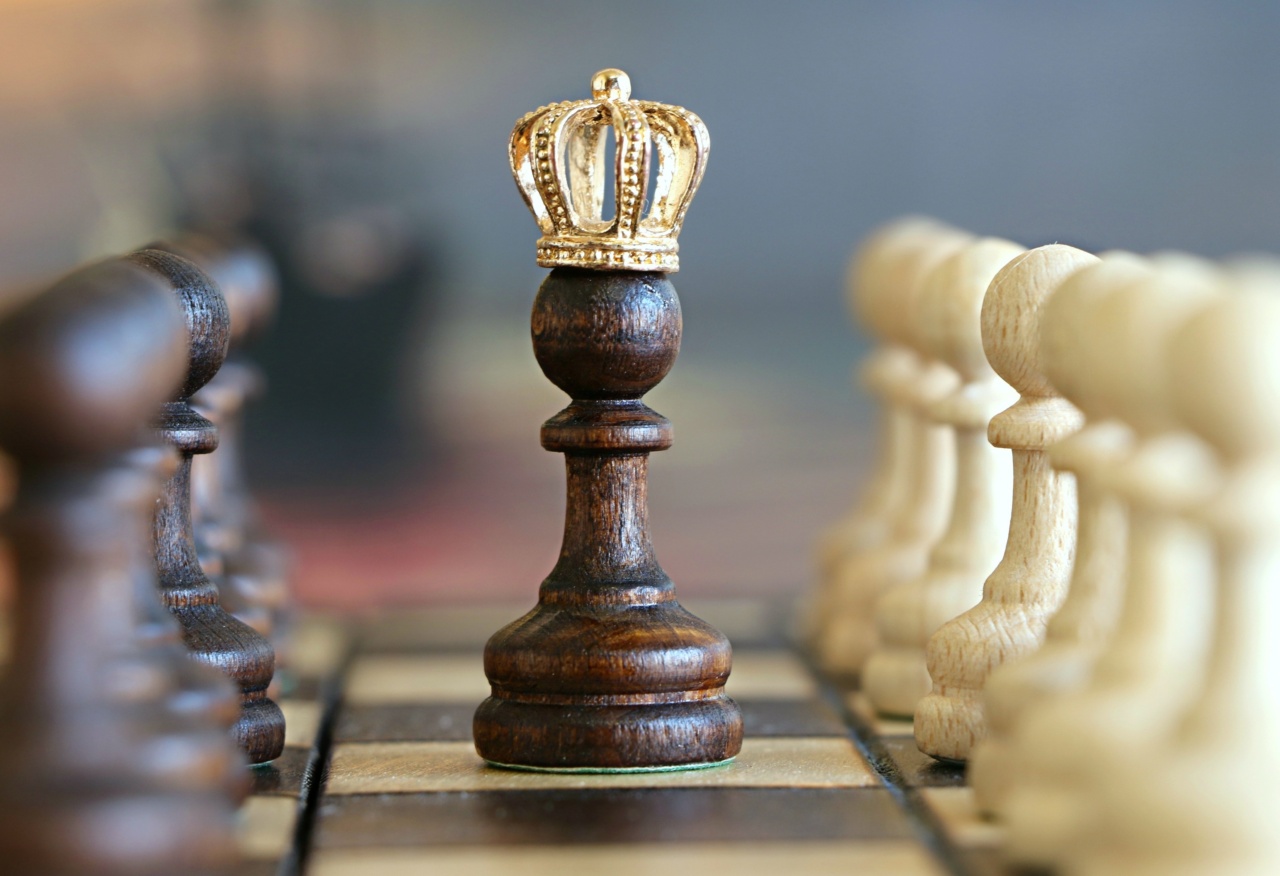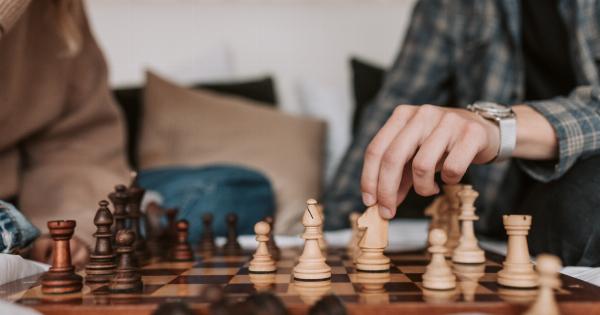Chess is a game that has fascinated people for centuries. It is a game of strategy, skill, and concentration. The best chess players in the world have an almost unparalleled ability to calculate moves and foresee outcomes.
However, even the greatest chess players occasionally make mistakes. These mistakes can sometimes be puzzling, and it raises the question of why even the most skilled players sometimes blunder. In this article, we will delve into the mystery of chess player’s mistakes and try to understand the reasons behind them.
The Complexity of Chess
Chess is an incredibly complex game. It is estimated that there are more possible chess moves than there are atoms in the observable universe. The sheer number of possible positions and moves makes chess a highly intricate puzzle to be solved.
Grandmasters are able to analyze multiple moves ahead and have a vast knowledge of opening theory, endgame techniques, and strategic principles.
Psychological Factors
Despite their exceptional skills, chess players are still human beings. They can be susceptible to psychological factors that can affect their decision-making abilities.
Stress, fatigue, time pressure, and emotions have all been known to impact a player’s performance. Such factors can distract a player and impair their ability to accurately calculate moves, leading to mistakes.
Lack of Focus
Chess requires intense concentration. A momentary lapse in focus can lead to disastrous results. Even a small distraction can cause a player to miss a powerful move or overlook a tactical opportunity.
Maintaining focus throughout a long game can be challenging, especially in top-level competitions where the stakes are high.
Intuition vs. Calculation
Chess players often rely on a combination of intuition and calculation when making decisions. Intuition can be a valuable asset, allowing players to make quick, instinctive moves based on patterns and experience.
However, sometimes relying too heavily on intuition can lead to errors. In unfamiliar or complex positions, it is crucial to rely on precise calculation rather than solely trusting one’s instincts.
Strategic Misjudgments
Chess is a game of planning and strategy. Sometimes, players make errors in judgment and fail to assess the position accurately.
They might misjudge the strength of their own position, underestimate their opponent’s counterplay, or fail to anticipate their opponent’s plans. These strategic misjudgments can lead to mistakes and ultimately cost a player the game.
Time Management
Chess games are typically played with a limited amount of time on the clock. Managing time effectively is a crucial aspect of the game. Players must allocate their time wisely, ensuring sufficient time for critical positions and complex calculations.
Poor time management can result in rushed moves and hasty decisions, increasing the likelihood of mistakes.
Pressure and Expectations
Chess players, especially top-level professionals, often face immense pressure and high expectations. The weight of reputation, sponsorships, and fans can create additional stress and psychological burden.
The fear of failure or the desire to impress can sometimes lead to players taking unnecessary risks or making suboptimal decisions, resulting in mistakes on the board.
Overlooking Tactical Possibilities
In the heat of the game, players can overlook tactical possibilities. Even experienced chess players can miss a strong move or fail to anticipate their opponent’s tactical resources.
Time constraints, emotional state, or lack of thorough calculation can contribute to players overlooking important tactics, leading to mistakes.
Opening Preparation
Opening preparation is an essential part of chess. Players often study and analyze various openings to gain a strategic advantage in the early stages of the game.
However, deviations from memorized lines or unfamiliar positions can catch players off guard and increase the chances of making an early mistake.
Cognitive Biases
Chess players, like all humans, are prone to cognitive biases. These biases can affect their decision-making process and lead to errors.
Confirmation bias, anchoring bias, and overconfidence are just a few examples of cognitive biases that can impact a player’s judgment and contribute to mistakes on the chessboard.
Conclusion
The mystery of chess player’s mistakes is a multifaceted puzzle in itself. Chess is a game of infinite possibilities, and even the greatest players are not exempt from errors.
Psychological factors, lack of focus, misjudgments, time pressure, and cognitive biases all play a role in explaining why chess players sometimes make mistakes. Understanding these factors can help players minimize errors and improve their overall performance on the chessboard.






























